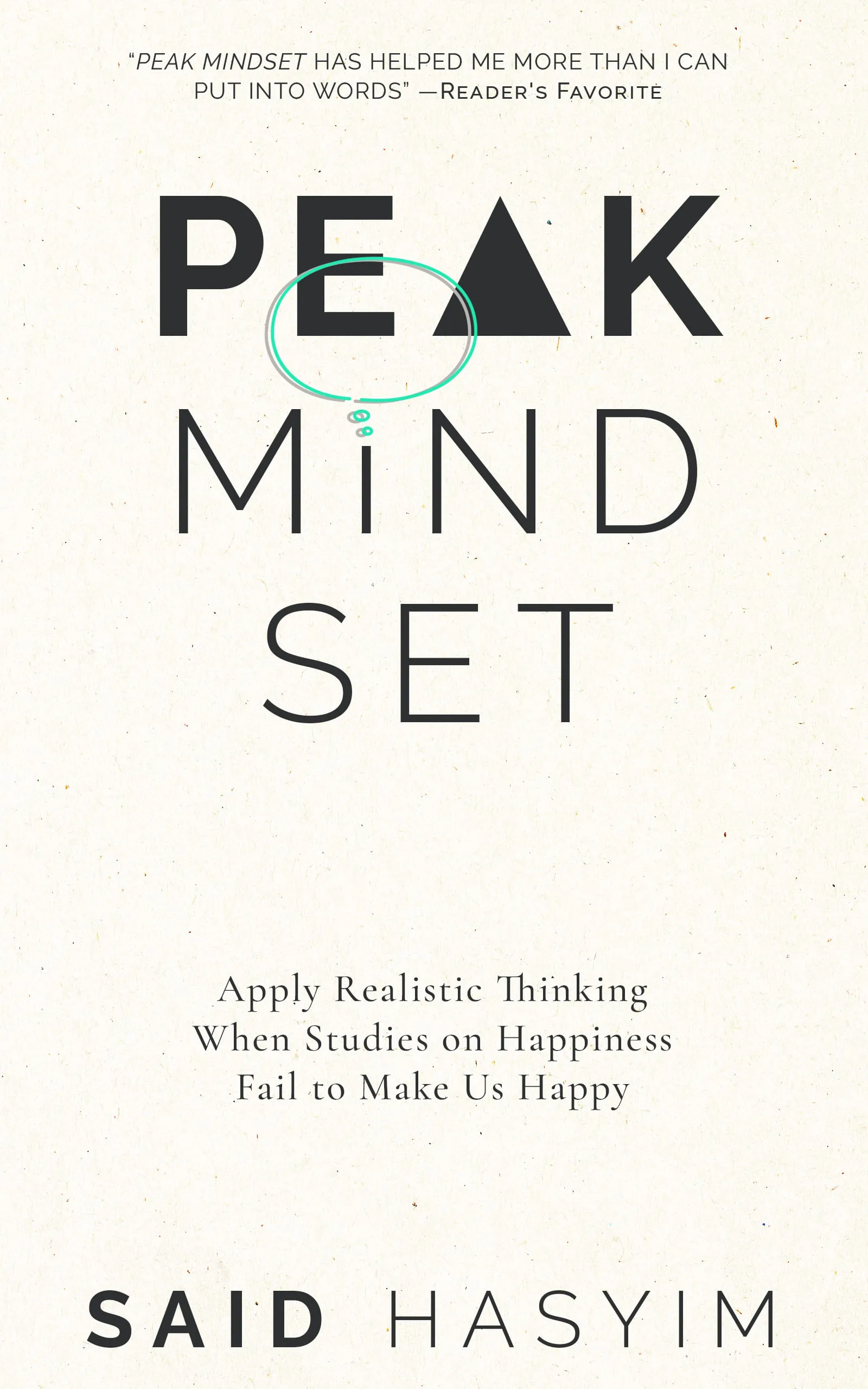The Brilliance of Realistic Thinking for Self-Discovery
Self-discovery is an intricate journey that requires introspection, exploration, and an open heart. In a world filled with distractions and noise, honing one’s ability to think realistically can illuminate remarkable paths toward understanding ourselves better. Realistic thinking is not simply about having a practical approach to life; it’s about fostering clarity, authenticity, and empowerment in the pursuit of self-awareness.
What is Realistic Thinking?
Realistic thinking blends rationality with emotional intelligence. It encourages individuals to assess situations accurately while remaining open to their feelings and intuitions. This approach allows for a more balanced understanding of both personal strengths and limitations.
Key Components of Realistic Thinking
Critical Analysis: Realistic thinkers assess situations based on facts and evidence rather than illusions or assumptions. This foundation is crucial for making informed decisions during self-discovery.
Emotional Awareness: Acknowledging and understanding emotions plays a vital role in connecting thoughts to feelings. Realistic thinking encourages you to embrace your emotions while still applying logic.
Open-Mindedness: Self-discovery can become stifled by rigid thinking. Maintaining an open mind allows for the exploration of various perspectives, especially when it comes to understanding oneself.
Pragmatism: Realistic thinking emphasizes practical solutions. During self-discovery, it's about setting attainable goals and recognizing that growth is often a gradual process.
The Role of Realistic Thinking in Self-Discovery
1. Clarifying Personal Values
Self-discovery often begins with understanding your values. Realistic thinking fosters clarity by setting aside external influences that may distort your vision. Instead of conforming to societal expectations, you can engage in introspection to identify what truly matters to you.
For instance, someone may think that financial success is paramount because society often glorifies wealth. However, through realistic thinking, that individual may discover that their true value lies in creativity or the fulfillment of helping others, reshaping life goals that align with their authentic self.
2. Accepting Limitations and Strengths
Embarking on a journey of self-discovery requires the ability to recognize personal strengths and weaknesses accurately. Realistic thinking promotes an honest evaluation, allowing you to embrace both.
Recognizing strengths fuels confidence and motivation. On the other hand, acknowledging limitations opens pathways for growth rather than discouragement. For example, someone who realizes they struggle with public speaking might choose to pursue opportunities to improve that skill rather than hiding from it altogether.
3. Setting Realistic Goals
Setting goals is an essential element of self-discovery. However, without realistic thinking, goal-setting can become overwhelming and counterproductive.
Realistic thinkers prioritize achievable short-term objectives that serve as stepping stones to larger aspirations. For example, rather than aiming for a drastic career change overnight, a person may set goals to acquire skills or knowledge gradually, ensuring sustainability and personal motivation during the transition.
4. Fostering Resilience
Life continuously presents challenges and setbacks. Realistic thinking fosters resilience by preparing individuals to cope effectively with adversity.
When you view setbacks through a realistic lens, you learn to separate your self-worth from external circumstances. Instead of seeing a failure as a reflection of your value, you perceive it as a learning opportunity in your journey of self-discovery. This mindset empowers you to bounce back and continue exploring your authentic self.
5. Cultivating Authentic Relationships
Self-discovery is not a solitary endeavor; it often involves relationships with others. Realistic thinking aids in navigating interpersonal dynamics with transparency and honesty.
By realistically acknowledging your needs and boundaries, you are more likely to foster genuine connections. When you engage with others authentically, you create a supportive network that encourages further self-exploration without fear of judgment.
Exercises to Enhance Realistic Thinking
To cultivate realistic thinking, consider integrating the following exercises into your daily routine:
1. Journaling
Maintain a journal where you reflect on your thoughts, feelings, and decisions. Regularly write down situations you encounter and analyze them critically. Ask yourself: What are the facts? What feelings arise? How can I approach this realistically?
2. Mind Mapping
Mind mapping can be an effective visual tool for understanding your thoughts and emotions. Create a mind map of your core values, strengths, and weaknesses. This exercise allows you to see connections and visualize your self-discovery journey.
3. Seeking Feedback
Invite trusted friends or mentors to provide constructive feedback on aspects of your life. Their perspectives can help illuminate blind spots and validate your self-assessment.
4. Practicing Mindfulness
Incorporate mindfulness practices such as meditation or deep-breathing exercises into your routine. Being present allows you to observe thoughts and emotions without judgment, enhancing your ability to think realistically about your inner self.
Conclusion
The brilliance of realistic thinking in self-discovery lies in its ability to foster an authentic connection with oneself. By embracing critical analysis, emotional awareness, and resilience, you create fertile ground for growth and authenticity.
Navigating life with a realistic mindset serves as a compass, guiding you through the complexities of identity and purpose. The journey of self-discovery may be winding, but with realistic thinking, every twist and turn becomes an opportunity to explore the depths of who you truly are. Embrace this mindset today and watch as the brilliance of self-discovery unfolds before you.
Leverage Your Mindset for a Fulfilling Life
Explore Peak Mindset, a book to leveraging your subconscious for a more fulfilling life. Gain insights into realistic thinking, money management, and stress resilience to make informed decisions. Discover pitfalls in conventional happiness advice and practical strategies for self-transformation. Unlock your potential and enhance your overall satisfaction.
